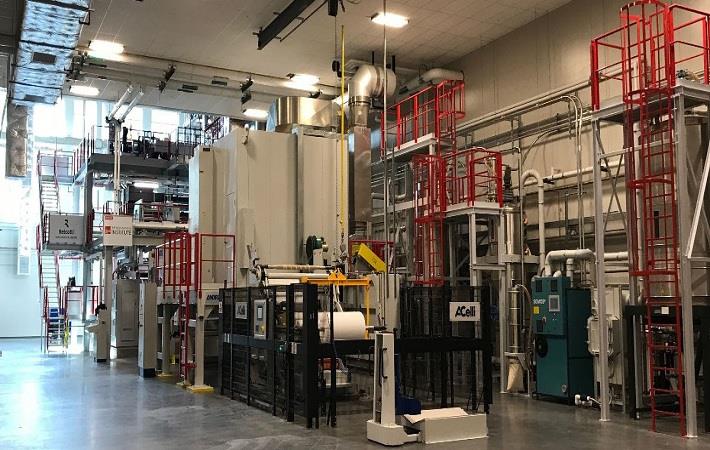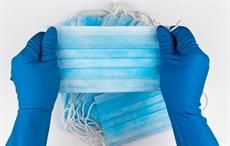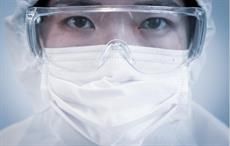
Typical N95 respirators and surgical masks are a multi-layer structure of one or two spunbond nonwoven layers that provide mask shape and protect the inner filtration layer. Those layers are combined with an electrostatically charged layer of meltblown nonwoven material which serves as the filtration layer capturing microscopic unwanted particles such as viruses and bacteria. The charge is what boosts the meltblown’s filtering capabilities, but it also means that the masks cannot be reused since the charge can be lost during the cleaning process, according to a press release by NatureWorks.
The new nonwoven fabric is a bicomponent fibre made of Ingeo biopolymer (PLA) and polypropylene (PP), providing significant strength and bulk with equal effectiveness in filtration. Additionally, Ingeo improves the productivity of the spunbond process by at least 30 per cent. Leveraging these benefits, NWI’s pilot line can produce enough material to make two million masks per week.
“Because of the COVID-19 crisis, we took the spunbond technology and created a new generation of unique filters that have excellent filtering capability without needing to be charged, meaning they can potentially be reused after cleaning with peroxide, or an alcohol solution. Because these materials are also strong they can be cut and sewn by traditional techniques. Typically, one metre of spunbond material provides enough for about 20 to 25 masks when using the current designs. One of the NWI’s production lines started producing 2,000 meters of spunbond material per hour, with the potential to create some 20,000 meters of spunbond material in a day,” Behnam Pourdeyhimi, executive director of NWI, Wilson College of Textiles associate dean for industry research said.
“NWI is known to be the global leader in nonwovens innovation, creating high tech fibres across applications. Their development of this spunbond structure has come to fruition at a critical time when high performance nonwovens are needed to meet the urgent need for PPE by medical professionals during this pandemic,” Robert Green, vice president of performance polymers at NatureWorks said.
NWI currently has an agreement to provide large amounts of spunbond nonwoven material to several key partners, which will make masks at their manufacturing facilities. They plan to provide the new masks to local communities in need. NC State has also ordered machines that will allow NWI to make surgical masks in its Centennial Campus facilities. Those machines should arrive in the next month.
Fibre2Fashion News Desk (GK)

